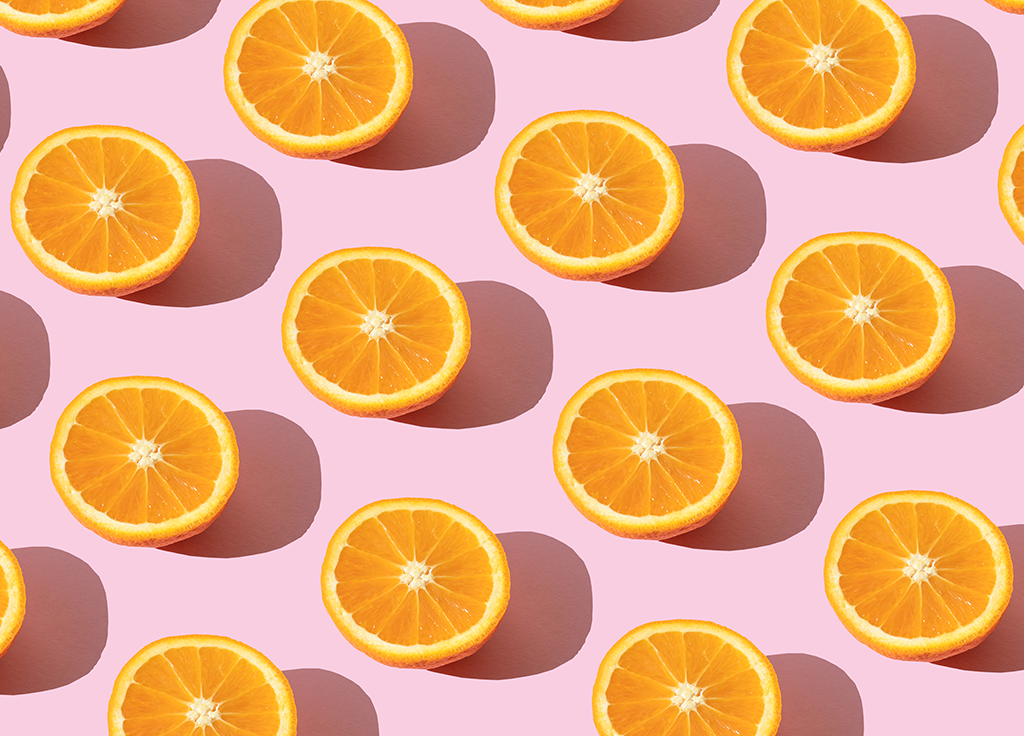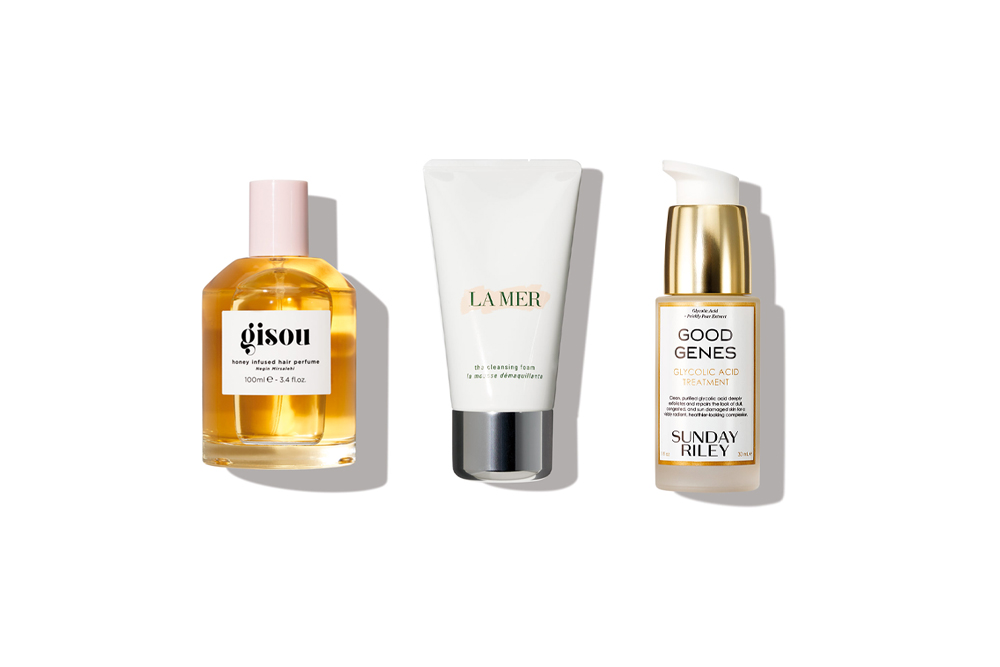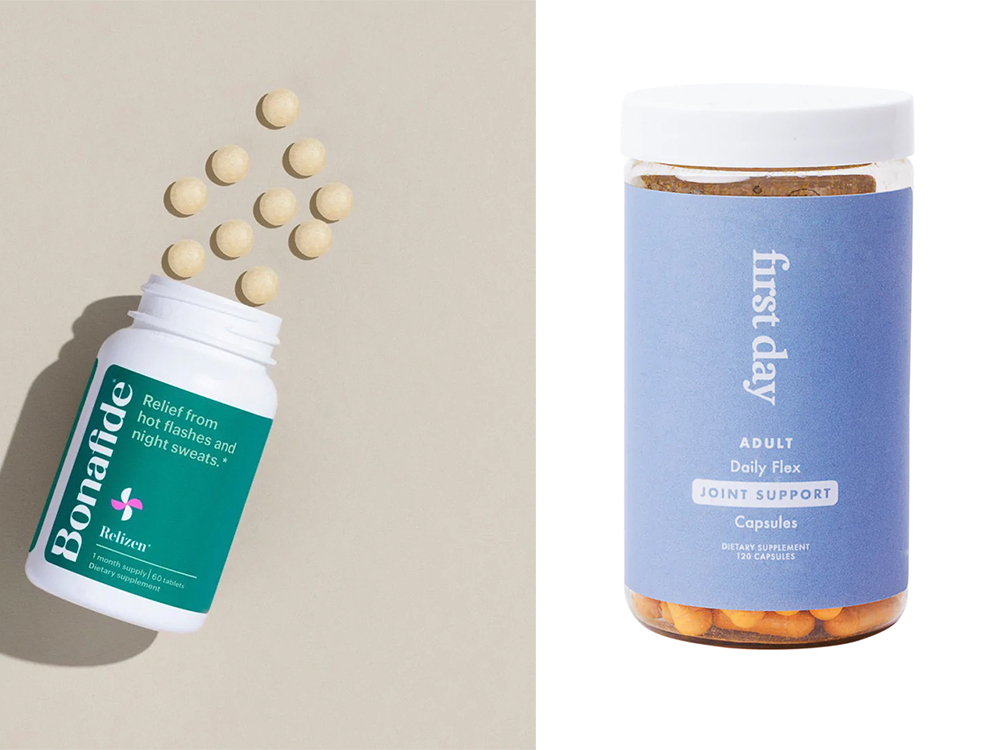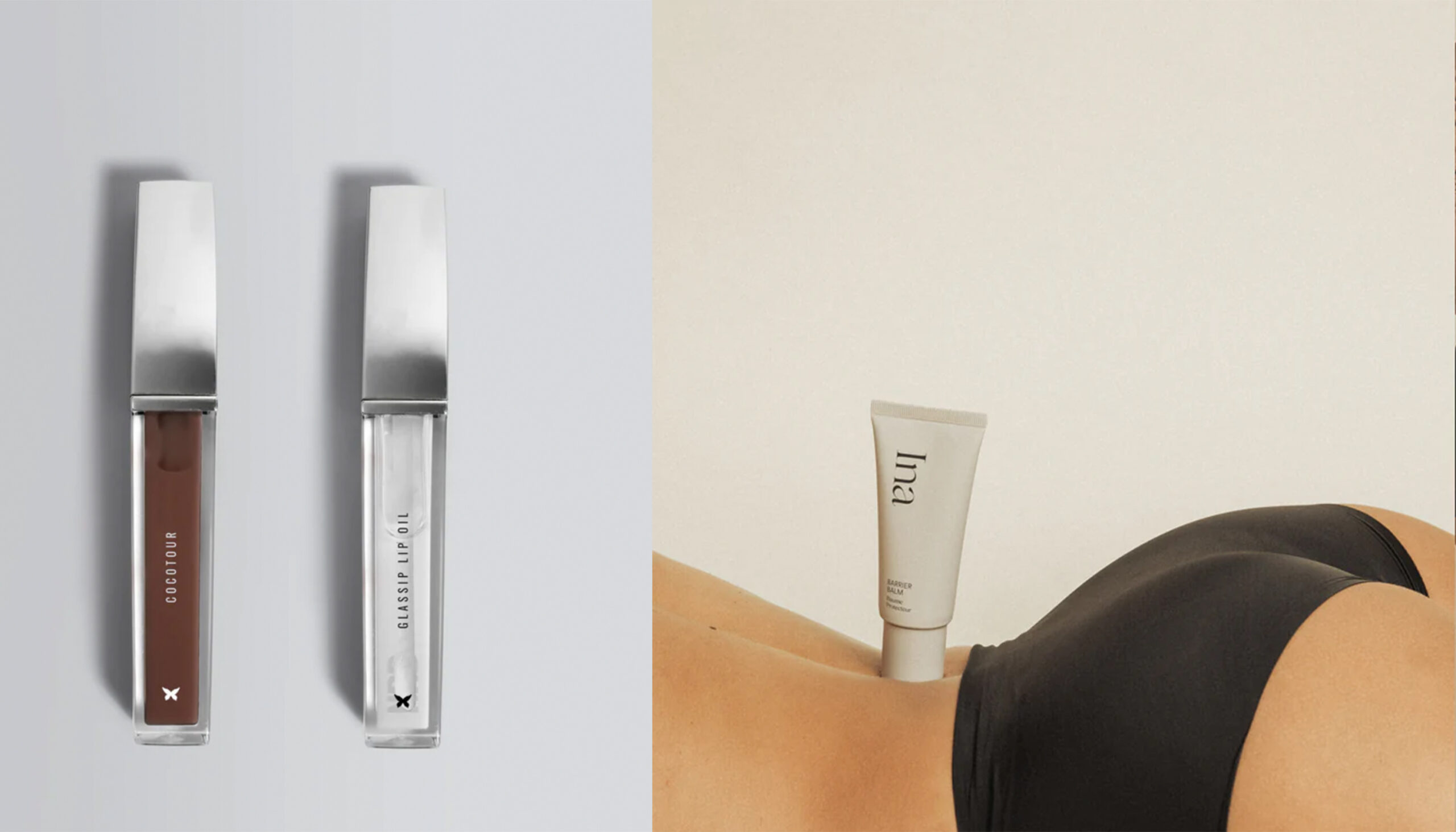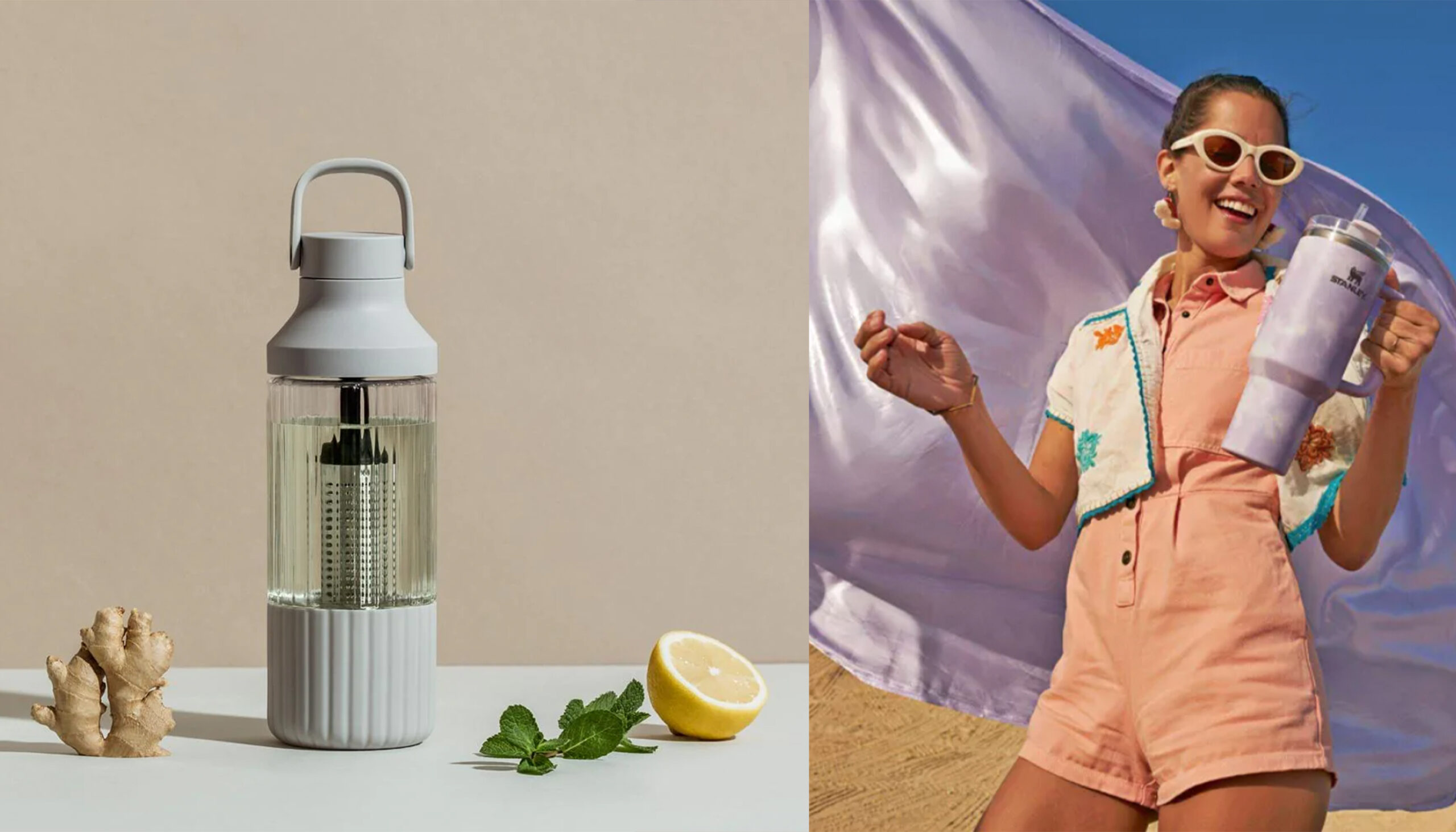UV rays never have a good reputation when it comes to the healthy-skin factor, but new research out of the UK has found a correlation between the not-so-sinister category of citrus fruits—with a focus on oranges and orange juice, specifically—and an increased risk of melanoma.
According to research conducted at Indiana University and published in the British Journal of Dermatology, the study suggests that “consuming more than two servings of citrus a day is associated with a 63-percent increased risk of melanoma, relative to those with no consumption.”
Using data from the UK Biobank, the researchers were able to review a large sample of 198,964 people, made up of 1,592 people with a melanoma diagnosis and 197,372 controls, as shared in a release. “Citrus intake data was collected via five rounds of questionnaires, asking participants to recall their citrus intake over the previous 24 hours. Furthermore, the study found that consumption of oranges was independently associated with an increased risk of melanoma, relative to those with no consumption. The research found that those consuming more than one serving of oranges per day had a 79-percent increased risk for melanoma compared to those with no consumption and consuming more than one serving of orange juice increased the risk by 54 percent.”
“Psoralen has known photosensitising and photocarcinogenic properties and is found in abundance in citrus products,” said Dr. Andrew R. Marley, lead author of the research. “This fact has spurred studies to investigate whether high citrus consumption is associated with melanoma risk due to psoralen photocarcinogenicity. This research suggests a significant increase in melanoma risk associated with a higher citrus intake and these findings could well shape sun-exposure guidance and how we approach advising patients that are already at high risk of developing melanoma.”
While Saddle Brook, NJ dermatologist Dr. Fredric Haberman recognizes that the risk of cutaneous malignant melanoma associated with citrus consumption was prospectively evaluated in this study, he stresses that whether dietary consumption of psoralen-rich foods may increase melanoma risk is unknown—and whether the public should be advised about dietary psoralens remains a question.
“Fruits have many positives and rich in nutrients and feel this would outweigh any theorized potential risk of melanoma risk,” he adds, saying his best advice doesn’t sway based on this new study: “Wear SPF sunscreen, have new or changing moles checked regularly and don’t worry about having your daily glass of orange juice and keep consumption in keeping with a balanced diet.”
